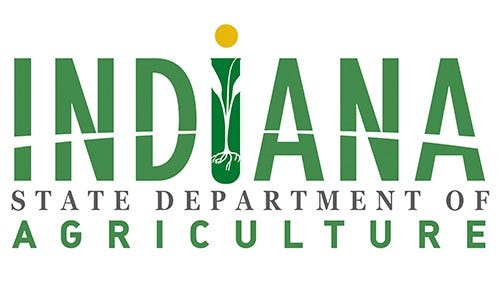ISDA Awarded $400K in Water Quality Grants

Subscriber Benefit
As a subscriber you can listen to articles at work, in the car, or while you work out. Subscribe NowThe U.S. Environmental Protection Agency has awarded more than $400,000 to the Indiana State Department of Agriculture. The funding aims to improve water quality in the Western Lake Erie Basin.
The basin encompasses nearly seven million acres and gathers water from farms, fields, towns and cities in Ohio, Indiana and Michigan. The ISDA says despite increased efforts, algae blooms continue to form in the basin and can be harmful to local wildlife and tourism industries. One of the main areas supported by the grants is to address nutrient runoff, which can contribute to the formation of algae blooms.
"Through these grants, we’ll be able to offer workshops and soil testing to help farmers better understand the condition of their soil," said Lindsey Bluhm, resource specialist for the ISDA. “We know they can’t change everything about their operation overnight, but small adjustments over time can have a really big impact. We can help them identify those."
The grants include:
- $125,961 – The grant will be used by ISDA to provide landowners with nutrient management planning support, and expand soil and manure testing in the St. Marys River watershed. It will also be used to work with certified crop advisors and agriculture retailers to incorporate and offer nutrient management as part of their services.
- $190,319 – The grant will be used by ISDA to promote the 4R principles in Amish communities in the St. Marys River and Upper Maumee watersheds. It will also be used to provide landowners with nutrient management support, expand soil and manure testing, provide funds for a cost-share program on cover crops and hold workshops utilizing 4R champions.
- $125,961 – The grant will be used to organize a Blue Creek Task Force, which will focus on leveraging resources, providing guidance on land treatment approaches and sharing information on cutting edge technologies. In part, the grant will also be used to reorganize and revitalize the St. Mary’s Watershed Steering Committee, work with local agriculture retailers to hold workshops and outreach events and purchase Soil Health Quality kits.
